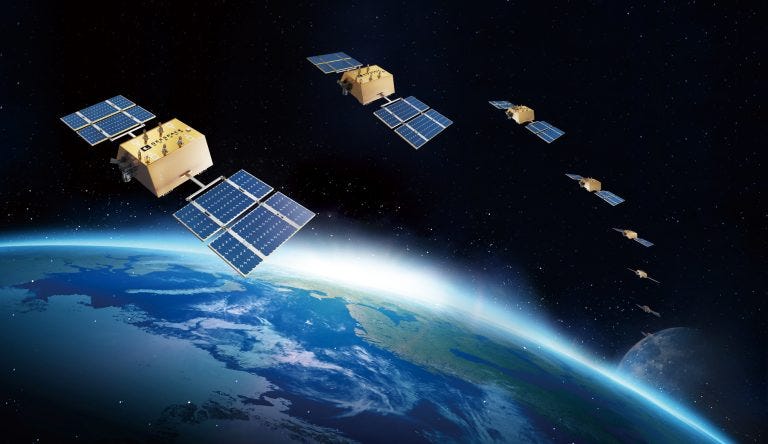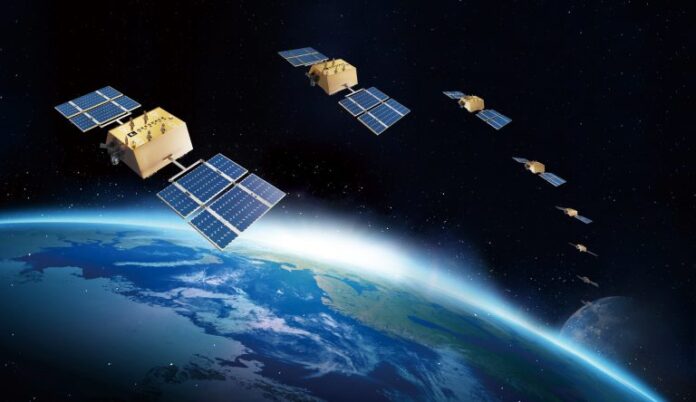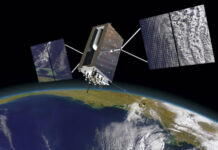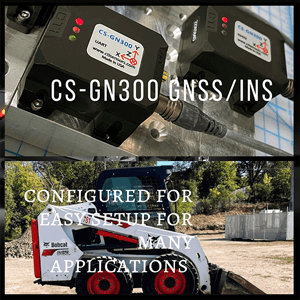LEO constellation to offer positioning and navigation capabilities…
Saying it wants to provide accurate navigation for autonomous vehicles, Geely Holding Group last week launched 11 Geespace low-Earth orbit satellites. It’s an example of new LEO constellations providing high-precision positioning capability for self-driving cars and other uses.
Location Business News reported in 2022 that Geely launched nine satellite into LEO that would support navigation and autonomous driving. Both launches are part of a future 240-satellite Geely Future Mobility Constellation, which will provide centimeter-accurate precise positioning and connectivity support for the automaker, the company said.

In addition to positioning and navigation, the satellites provide robust AI remote sensing capabilities, which provide 1-5 meter imaging, the company said. This means that the company, which has major ties to China’s military, despite open to commercial investment, has launched a constellation with communication, navigation and remote sensing technology on a single satellite network.
Geely says the first phase of 72 satellites, each with a five-year life, are planned to be sent into orbit, and operational, by 2025. The second phase will have an additional 168 satellites.
Geely is trying to mirror another auto company, Tesla [TSLA.O], in its efforts to launch satellites and provide services. However, Geely has a long way to go as Tesla, through its SpaceX entity, has more than 2,000 satellites in orbit for its Starlink network.
Geespace, a subsidiary of Geely, operates and manages its satellite constellation through a network of ground stations in Qingdao, Taizhou, Korla, Chengdu, and Harbin. The company said initial service coverage will be provided to the Chinese market and the Asia-Pacific region—with plans for expanding global coverage after 2026.



























